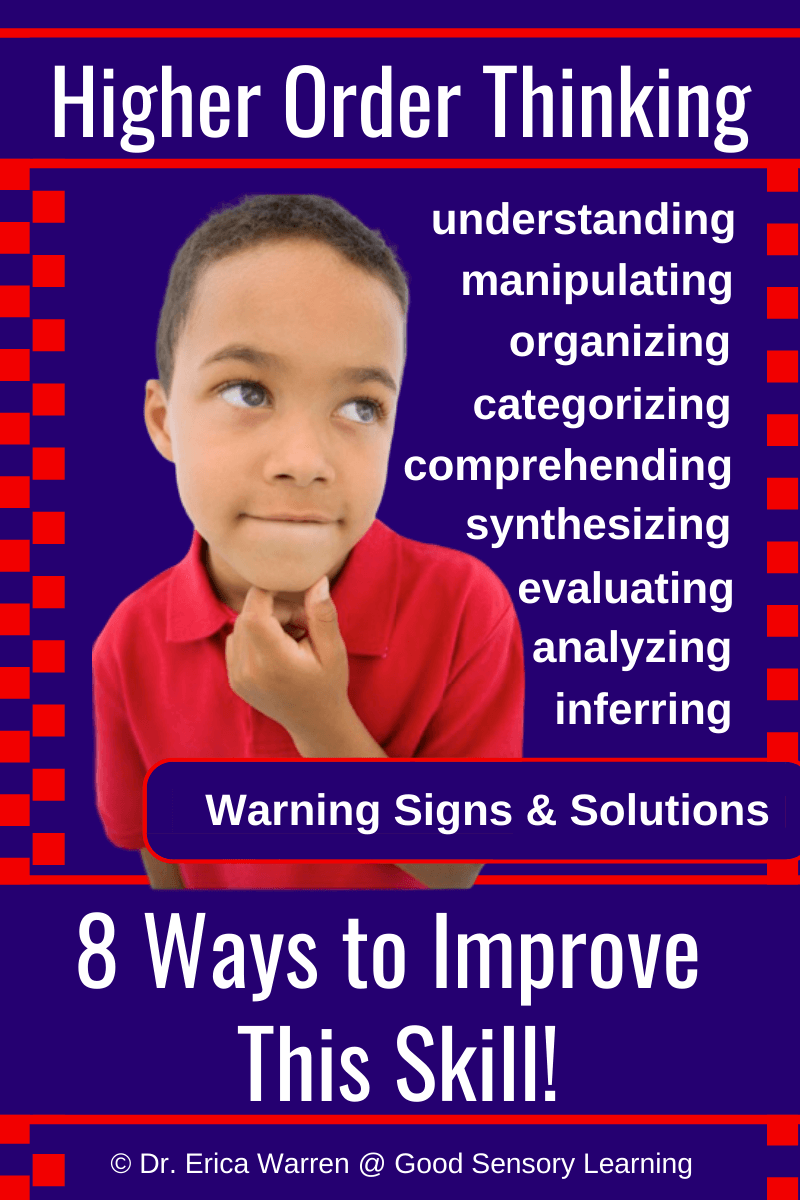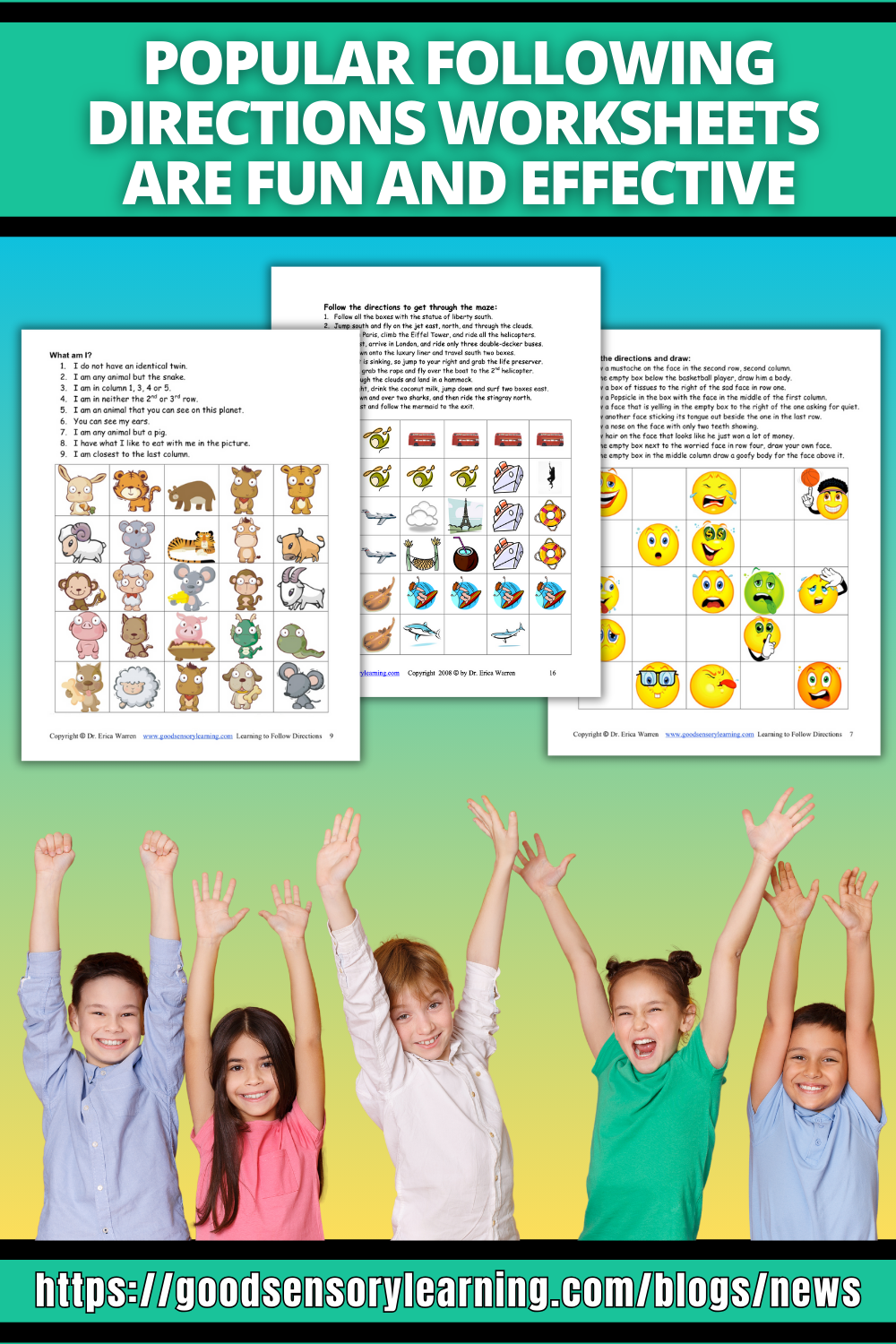Definition of Working Memory and Strategies for Success
The landscape of academic success is vast and complex, yet recent studies shine a spotlight on a critical cornerstone: working memory. This revelation positions working memory not just as a function of the mind, but as a fundamental predictor of educational success. For students wrestling with memory deficits, honing this skill can be a game-changer. Let's embark on an enlightening journey to uncover how empowering the working memory can catalyze profound benefits and transform struggling students into successful learners.

What is Working Memory?

Why is a Good Working Memory Beneficial for Students?
-
Spotlight on Focus: Managing Attention: A good working memory acts as a conductor, orchestrating the student's cognitive resources to manage attention efficiently. It allows them to tune out distractions and center their focus on the learning task, ensuring that their mental energy is directed appropriately.
-
The Mental Workshop: Conducting Mental Math and Problem Solving: Students with a developed working memory have a mental workshop where they can perform complex calculations and work through problems without the need for external aids, fostering independence and confidence in their academic abilities.
-
The Art of Following Directions: Executing a Series of Directives: Like a skilled navigator, a student with a strong working memory can chart the course from one task to another, following a series of instructions with precision and thus completing multi-step processes.
-
The Encoding and Retrieval Machine: Handling Information: Working memory serves as a crucial cog in the machinery of learning, facilitating the encoding of new information and the retrieval of that information from long-term memory, a process vital for building knowledge and expertise.
-
The Endurance Runner: Maintaining Stamina in Complex Tasks: A robust working memory provides the stamina needed to tackle and persevere through demanding tasks. It's the mental endurance runner that keeps the student going when faced with lengthy assignments or intricate projects.
-
The Juggler: Taking Notes While Listening: Effective note-taking while actively listening to a lesson requires a delicate balancing act, one that is made possible by a strong working memory. It allows students to capture critical information without losing track of the ongoing lesson, thus enhancing their learning experience and retention.
Each of these facets illustrates why a good working memory is not just beneficial but crucial for students. It is the silent force that underpins their learning journey, turning challenges into opportunities for growth and achievement.
Enhancing working memory is a skill within reach, achievable through targeted activities designed to challenge and engage this cognitive function. Learning specialists and educational therapists are key allies in this quest, guiding students to harness powerful cognitive tools like the inner voice and visualizations to bolster memory retention. Furthermore, students can master memory strategies, ensuring that new information is not only effectively encoded but also readily retrievable. Join us in exploring the techniques that can amplify memory recall and empower a stronger, more resilient mind.
Clearly, working memory is a very important cognitive skill that can be strengthened! As students learn about working memory performance and how to use it, they can unleash their true potential.
Cheers, Erica
Dr. Erica Warren is the author, illustrator, and publisher of multisensory educational materials at Good Sensory Learning. She is also the director of Learning to Learn and Learning Specialist Courses.
- Blog: https://goodsensorylearning.com/blogs/news
- YouTube Channel: https://www.youtube.com/user/warrenerica1
- Executive Function Podcast: https://goodsensorylearning.com/pages/the-personal-brain-trainer-podcast-with-dr-erica-warren
- Store: http://www.Goodsensorylearning.com/
- Courses: http://www.learningspecialistcourses.com/
- Newsletter Sign-up: https://good-sensory-learning.kit.com/drericawarren






Leave a comment
This site is protected by hCaptcha and the hCaptcha Privacy Policy and Terms of Service apply.